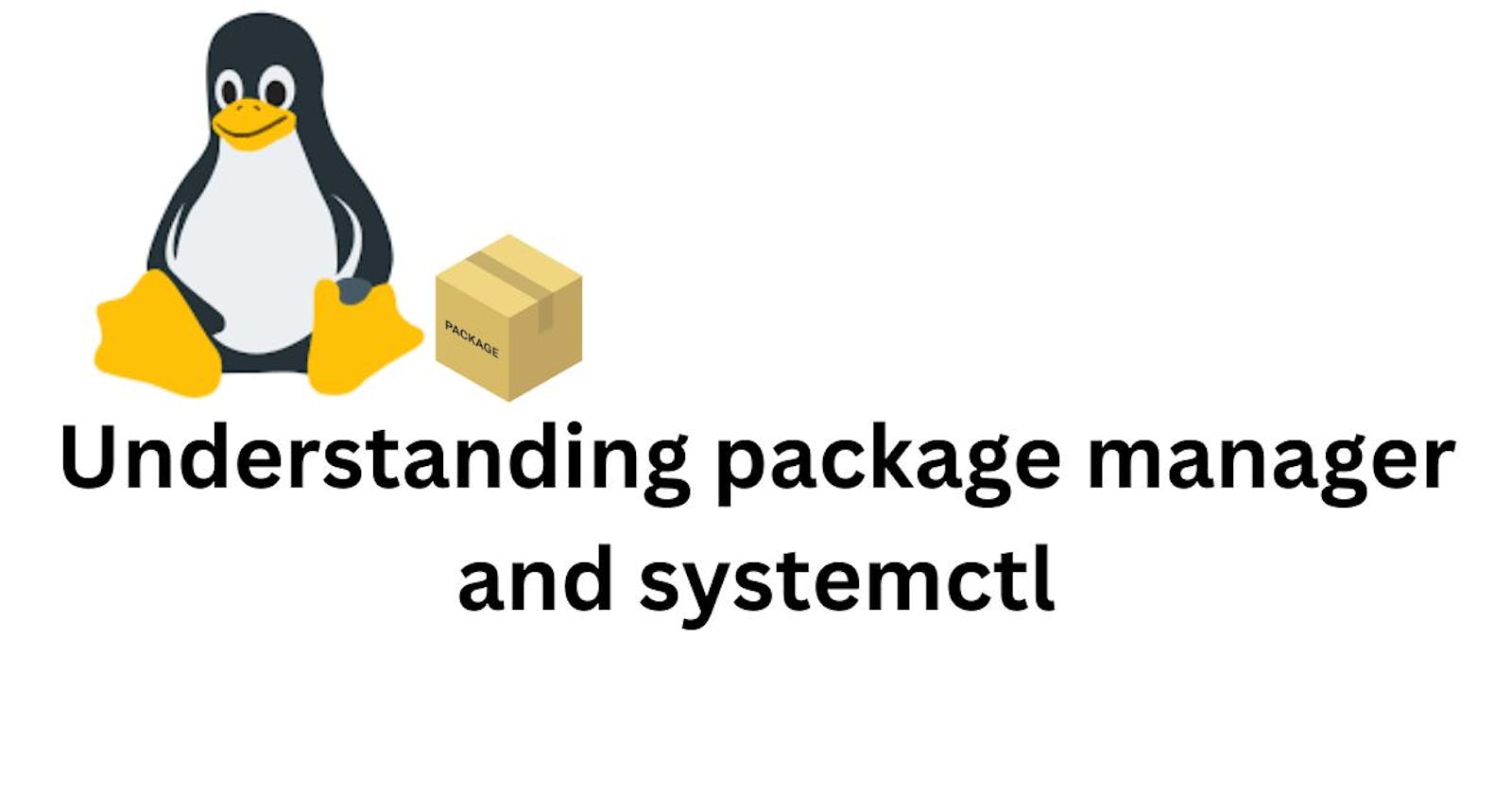What is a package manager in Linux 🐧?
A package manager in Linux is a software tool used for installing, updating, configuring, and removing software packages on a Linux-based operating system. It automates the process of software management by handling dependencies, ensuring that all required libraries and components are installed along with the desired software package.
What is a package 📦?
A package is a collection of files and metadata that makes up a software application or a set of related software functionalities. Think of it as a neatly bundled box containing everything needed to install and run a particular piece of software.
Different kinds of package managers
There are different kinds of package managers
APT (Advanced Package Tool)
YUM (Yellowdog Updater Modified)
Homebrew
Chocolatey
Tasks
Install docker and jenkins in your system from your terminal using package managers
➡️Install Docker
sudo apt-get update
sudo apt-get install docker.io
check the status of docker services in linux services
systemctl status docker
➡️ Install Jenkins
Jenkins requires Java to run so lets instal java first to do that
sudo apt update
sudo apt install fontconfig openjdk-17-jre
To check for java version
java –version
To Jenkins installation
sudo wget -O /usr/share/keyrings/jenkins-keyring.asc \
https://pkg.jenkins.io/debian-stable/jenkins.io-2023.key
echo deb [signed-by=/usr/share/keyrings/jenkins-keyring.asc] \
https://pkg.jenkins.io/debian-stable binary/ | sudo tee \
/etc/apt/sources.list.d/jenkins.list > /dev/null
sudo apt-get update
sudo apt-get install Jenkins
To check the status of Jenkins
sudo systemctl status Jenkins
systemctl and systemd
Systemctl and systemd are integral components of modern Linux distributions, revolutionizing the way system management tasks are handled. They were developed primarily by Red Hat and adopted by numerous other distributions due to their robustness, efficiency, and centralized control over system services.

